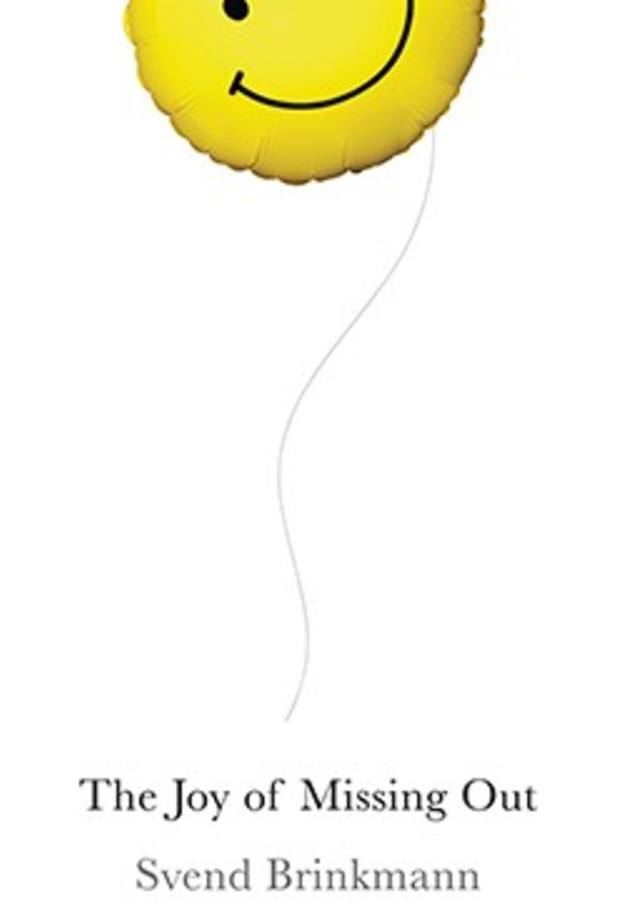
How many self-help books have you got on your bookcase or lying around half read?
Self-help is a multi-billion industry. In the USA alone it was worth $10bn (£8bn) in 2018.
Self-help may have changed your life for the better or perhaps you think it is snake oil; either way it is all around us.
Type “get more done” in Google and you get over 2.9bn possible results.
The problem with so many self-help experts is not everyone can be right and a counter-culture is growing against these gurus and a leading exponent of this movement is the Danish psychologist Svend Brinkmann.
His first book, Stand Firm: Resisting the Self-Improvement Craze, criticised what he calls the self-help mania and his latest publication, The Joy of Missing Out, sets out a manifesto for not only individuals but also governments.
He extols the virtue of making do with the talents we possess and the resources we have, rather than adopting a lifestyle of wanting everything here and now.
Mr Brinkmann argues that this is not sustainable or healthy for individuals, governments or the planet.
His central argument is both personal and political. It can be best summarised as follows: if we want to live a life that is sustainable for both ourselves and the planet, then all of us needs to learn the art of self-restraint, halt our excessive western consumerism and curb our desires to have it all.
He argues we are only able to live up to our obligations as humans if we are willing to miss out on something in order to be there for other people.
But how do we maintain focus and self-worth in a world so full of choice and temptation?
The biggest barrier to this according to Mr Brinkmann is a personal and cultural problem called Fomo (fear of missing out) – the regret we feel when we miss out on an experience, an event or, most likely, stuff.
Perhaps that is why we look for guidance and self-improvement, and how the self-help industry has become so profitable.
This book recommends making a virtue of necessity and practising the art of missing out, to ensure we have the skills to say no, to enjoy what really matters and save the planet.
While Mr Brinkmann discusses ancient Greek concepts such as “sophrosyne” – a Greek ideal relating to excellence of character – and aesthetics, his book has modern solutions to current problems, which will impact us all in the future.
So if you are suffering from Fomo, then this is a book I would recommend you read.
John Joe McGinley is principal at Glassagh Consulting
By Svend Brinkmann. Published by Polity Press






